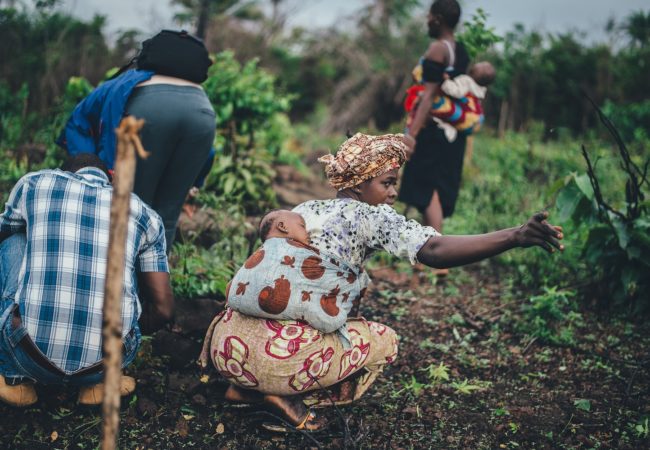What is the Issue?
With agriculture in Ethiopia increasingly characterized by new policies, actors, and relationships that influence how smallholder famers access and use information and knowledge, it is critical to understand how best to support farmers access and build networks with such actors thus providing them with greater opportunities to promote pro-poor processes of rural innovation. This study seeks to examine how various types of networks relate to the innovation practices of smallholders in Ethiopia.
What process is proposed/used to ensure Smallholder Voices (SHV) were heard by policy makers?
This study, as an analysis of rural innovation systems networks, essentially covers interactions between and among key actors in Ethiopian rural and agricultural sector. Within this context, smallholder farmers are interviewed alongside other actors. However, while their voices are heard, the focus remained on service provision rather than policy process, consequently limiting the extent to which insights can be directly drawn with regard to the role of smallholder farmer voices in policy processes.
What was the (expected) outcome of this process?
To promote better assimilation of smallholder-farmers into the policy making process, the study finds that:
- In addition to engaging farmers in technological innovation, promoting institutional innovations in exchanging knowledge and information with smallholders is critical.
- Public service providers play what might be termed the central role in smallholder innovation processes. Bureaus of Agriculture and Rural Development and their development agents, government-backed credit and savings institutions, and farmer cooperatives—all public, quasi-public, or state-supported rural service providers—are closely linked with smallholders and with each other. Consequently, public service providers ought to reposition themselves as facilitators of innovation networks with their primary role being to accelerate the transmission of production information and inputs and potentially price information.
What key lessons can be learnt? Is this process replicable?
Given that rural innovation systems networks cover interactions between and among key actors in a given country, they are potentially useful in enhancing smallholder farmer voices. However, such networks would need to create a policy platform where these actors address salient policy issues pertaining to smallholder farmers and connect with the policy making processes.
Is this process sustainable? What is the latest assessment of the impact of this process?
Since this model does not put smallholder farmers at the center of the policy making process, it is difficult to assess the impact of this process on connecting policy makers with smallholder farmers. No follow-up policies or studies were found that implemented and assessed the findings from the study.
Download Case Study




0 Comments